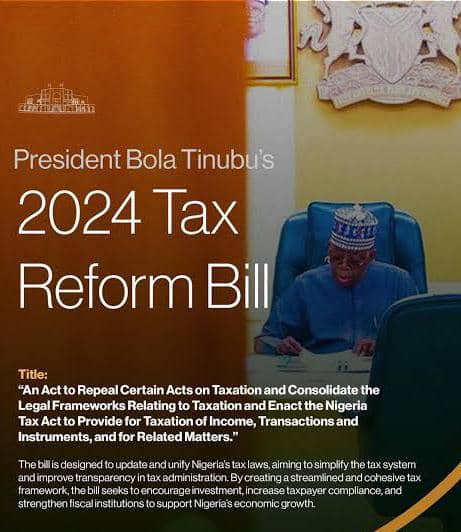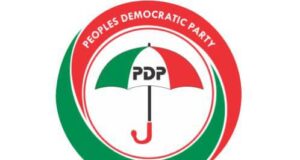After months of intense debate, Nigeria’s 36 state governors and the presidency have successfully reached a consensus on the controversial tax reform bills, halting plans to increase the Value Added Tax (VAT) rate and introducing a more balanced revenue-sharing formula.
The resolution was reached during consultations with the Presidential Tax Reform Committee in Abuja, marking a pivotal moment in resolving one of the country’s most contentious fiscal issues.
In a communique issued following the meeting, the Nigeria Governors’ Forum (NGF) announced that both the federal government and state governors had agreed to drop the proposed VAT rate hike.
The NGF, led by Kwara State Governor AbdulRahman AbdulRazaq, also revealed a revised VAT sharing formula that aims for a more equitable distribution of resources.
Under the new plan, VAT revenue will be divided as follows: 50 percent based on equality, 30 percent according to derivation, and 20 percent based on population.
The governors opposed any increase in VAT rates or reductions in Corporate Income Tax (CIT) at this time, emphasizing the need for economic stability.
They also advocated for the continued exemption of essential goods and agricultural products from VAT to protect citizens’ welfare and boost agricultural productivity.
The primary sticking points in the tax reform discussions had been the proposed increase in VAT rates and a new VAT sharing model in the Nigeria Tax Administration Bill, which would have reduced the federal government’s share of VAT and reallocated funds based on company headquarters rather than consumption.
The proposed VAT rate hike, which included gradual increases from 7.5% to 15% by 2030, also drew widespread criticism.
Meanwhile, Senator Natasha Akpoti-Uduaghan addressed concerns from stakeholders in Northern Nigeria, attributing unease over the tax reforms to the region’s lack of preparedness for fiscal changes.
Speaking at the Sardauna Memorial Day in Kaduna, she urged Northern leaders to revive the region’s agricultural and industrial sectors to prepare for future economic shifts.
She noted the region’s historical successes, citing that in 1959, Nigeria’s groundnut exports were valued at £27 million (equivalent to N3.6 trillion today), compared to the current $3 million.
The Academic Staff Union of Universities (ASUU) also weighed in, urging lawmakers to protect the Tertiary Education Trust Fund (TETFund) from proposed cuts in the Nigeria Tax Bill 2024.
The union criticized plans to redirect funds from TETFund to a new student loan scheme, warning that such moves could undermine higher education access for many Nigerians.
In the Northwest, civil society groups, youth associations, and student organizations voiced concerns about the politicization of the tax reform debate.
At a symposium in Kaduna, they urged Northern leaders to embrace the reforms as an opportunity to harness the region’s resources and ensure economic self-sufficiency, stressing that transparent leadership is necessary to address the region’s socio-economic challenges.
The groups commended President Bola Tinubu for initiatives aimed at regional development and economic empowerment, such as the creation of the Ministry of Livestock Development and the introduction of a student loan scheme.
However, they called for more focus on agricultural value chains, mineral resources, and livestock development to diversify the region’s economy and reduce dependence on oil.

















